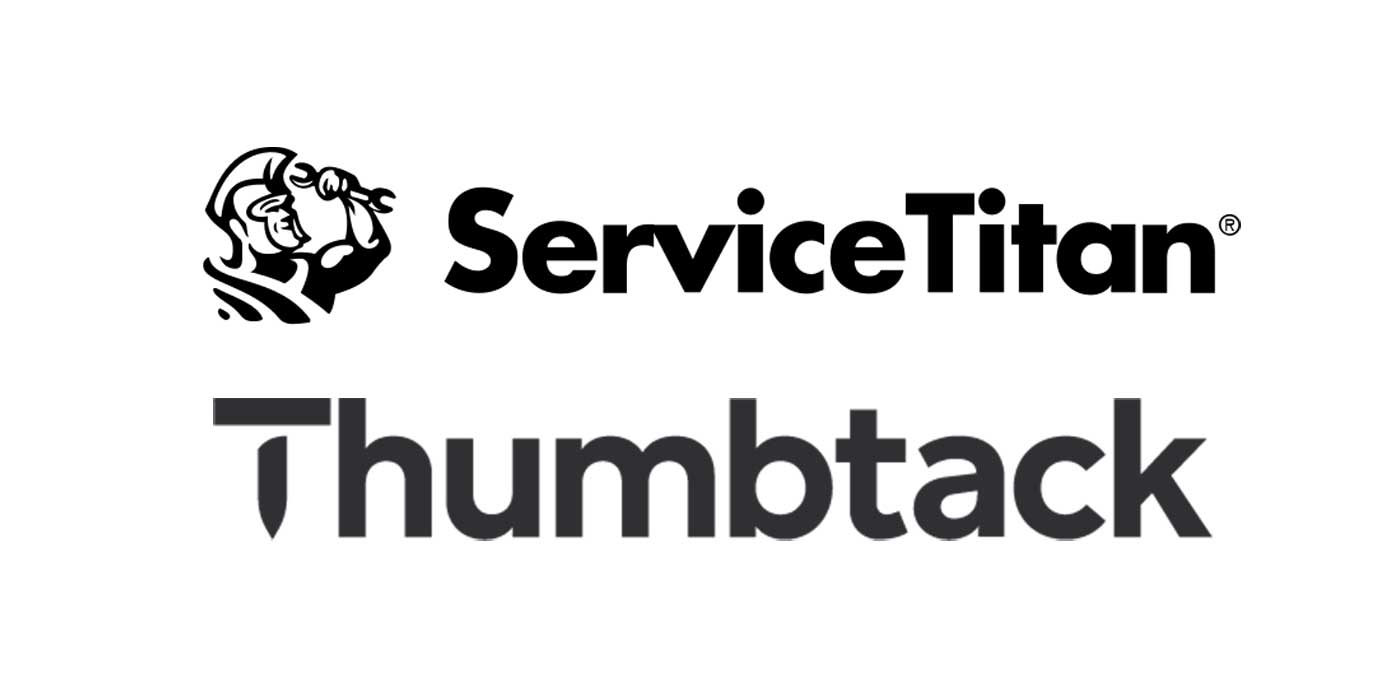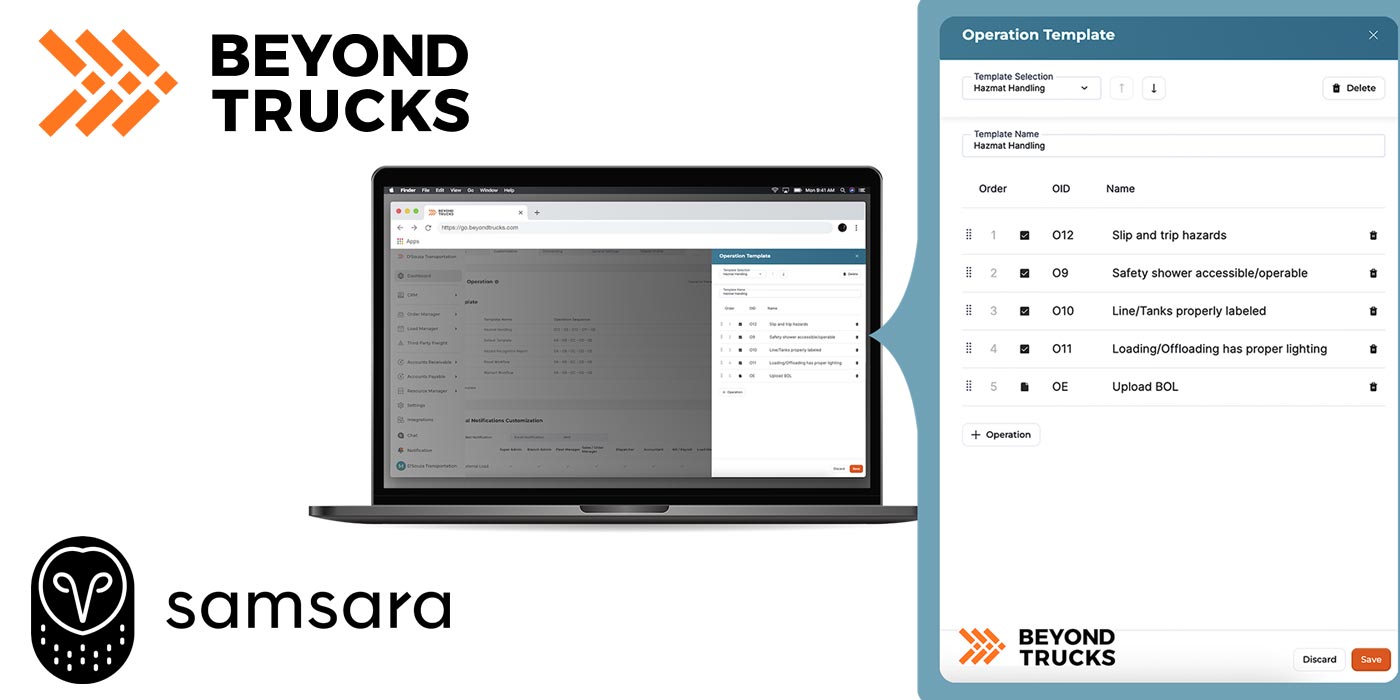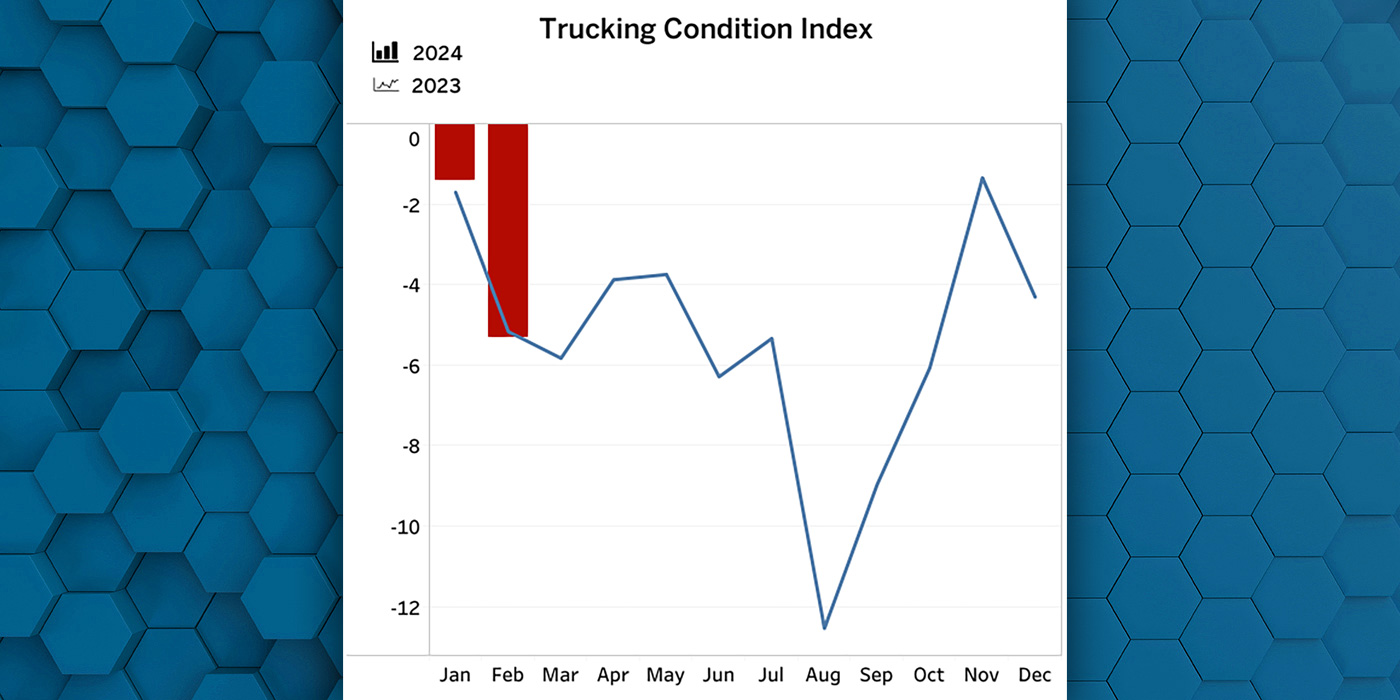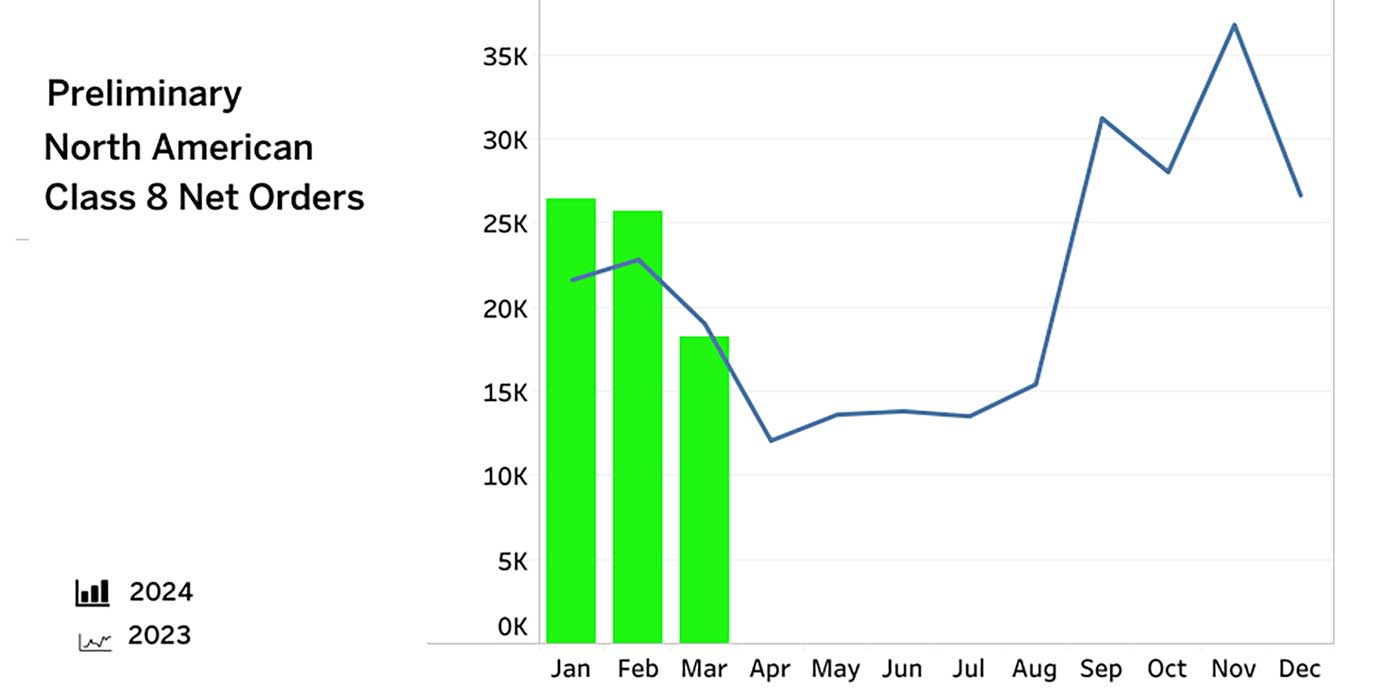According to FTR reports, it now looks like opponents of the FMCSA’s restart regulations have succeeded in attaching a provision to the current Federal funding bill that will suspend the recently changed 34-hour restart regulations pending a study of its effects. At issue is the requirement to have nighttime sleeping periods during the mandated rest period. Those periods, FTR noted, mean that truckers are unable to resume their work cycle in the evening or at night, a major hindrance to many schedules. Given the need for a study, followed by several steps in the regulatory process, FTR has estimated that modified regulations would be in place no earlier than early-2017.
FTR reported that this change will improve industry productivity by 2% immediately, lasting for the two years it will take to write a modified regulation. FTR estimated that the modified regulation will lower productivity by 1.5%, if the sleep timing issues are solved. That is a 50 basis point improvement over the current regulation, according to FTR.
In the meantime, the 2015 productivity benefit will noticeably affect truckload capacity utilization. This, according to FTR, will join an already moderating trend to lower capacity utilization to near 96%. FTR reported that this is high by historical standards, but 300 basis points below the critical level of a year ago. This means that the industry will have an important reserve of surge capacity to handle seasonal peaks or other issues in 2015. FTR expects price increases to moderate as a result, especially for spot markets.
“It is important to note that this change does not reduce the impending wave of regulatory drag still scheduled for late 2016 and beyond,” said Noël Perry, FTR’s senior consultant and managing director. “Indeed it makes it worse, because the revised regs will hit just when a bunch of other regulatory changes appear as well. At that point, capacity will move above 100% and stay there for a year or more, unless the FMCSA doesn’t do what it says it will do, or if recession appears to blunt demand. Should recession occur—at FTR we think this is likely—that simply will push the crisis out a year or two. At that time, the problem will be worsened by a surge in recovery freight.”












